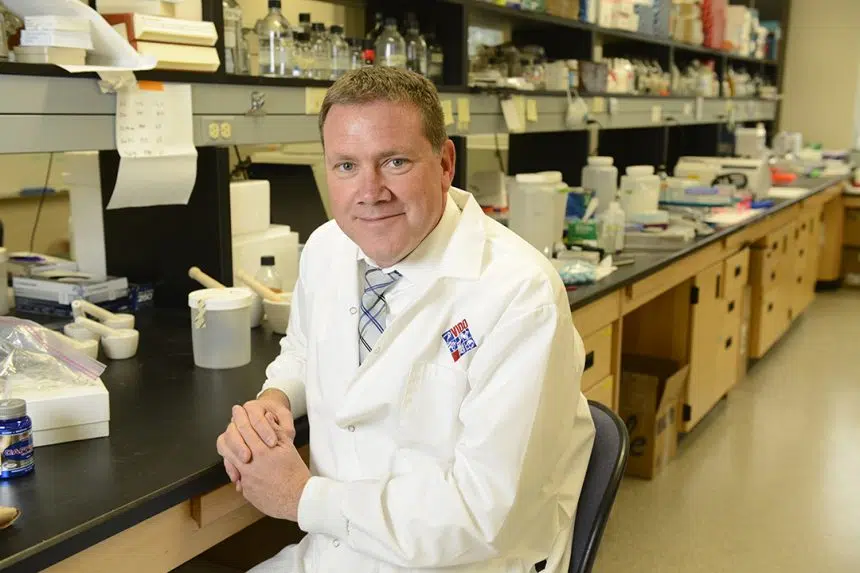In January of 2020, Saskatoon’s Vaccine and Infectious Disease Organization – International Vaccine Centre (VIDO-InterVac) was one of the first in Canada to isolate the virus that causes COVID-19.
By late January of that year, researchers had developed a lab vaccine and by April, the centre was given federal approval to test its vaccine on ferrets and mice.
Now, in 2023, the COVAC-2 vaccine has not yet received regulatory approval from Health Canada, but is in Stage 2 trials in Uganda, with 150 participants. Vaccine safety and effectiveness results are expected sometime this summer.
COVAC-2 is also being tested as a “booster” vaccine at four Canadian sites for participants who have received at least two doses of authorized COVID-19 vaccine four months earlier, according to VIDO’s website.
VIDO director and CEO Volker Gerdts says because several vaccines have already been administered worldwide, the lab’s focus is now shifting.
“Like many others in the world we said, ‘OK, we have enough of the existing vaccines for the existing COVID. What we really need to worry about is the next pandemic, the next COVID,’ ” he said.
That means VIDO is continuing to test its current vaccine, which gives its researchers safety information. But it’s also changing the vaccine to make it a forward-looking vaccine to address future coronaviruses.
“So VIDO is no longer really focusing on COVID anymore, we’re focusing on the next COVID,” Gerdts added. “What we really need to worry about is what is the next coronavirus going to look like so that we don’t want to be unprepared for it and have to go through the same process again.”
Gerdts said the idea is to respond more quickly in the future to another pandemic. VIDO’s business model is to license out its technology to others. Its job is to develop a vaccine prototype, test the proof of concept, make enough vaccine to go into clinical trials, and then hand over the information to a company that can mass produce them.
“Research institutes are developing these technologies and then they license them to a commercial manufacturer,” he explained.
The vaccine that’s currently being tested won’t likely make it to Stage 3, because it’s developed to treat the current COVID-19 virus.
“Then what we can do in the future is modify this … or maybe use other elements that are addressing future coronaviruses, but use the same formulation. That’s what’s creating the next generation broadly protective vaccine,” Gerdts said.
He added that VIDO researchers have learned a lot from their current vaccine, which gives them background variation on immune response and a potential next-generation vaccine.











